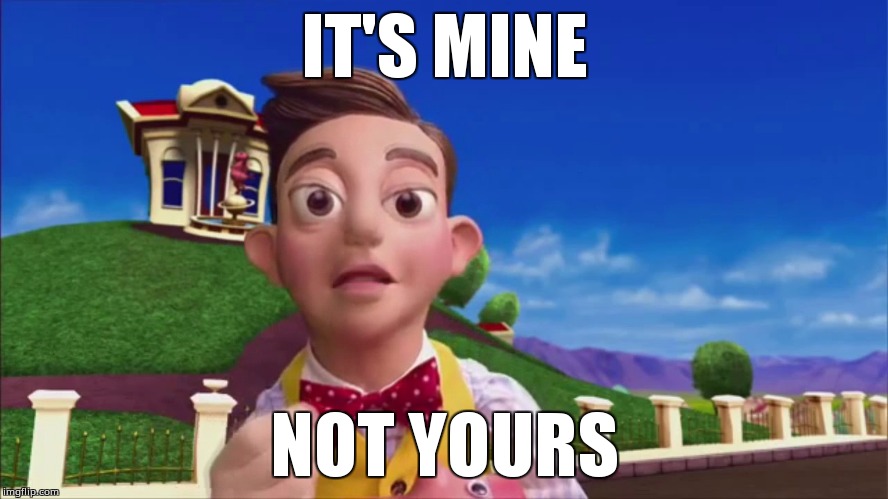
After being knowledgeable about ownership, you may also read: MAY AN INHERITANCE BE REPUDIATED?
-
Ownership is an independent and general right of a person to control a thing
-
Ownership may be exercised over things or rights
-
The owner of a thing cannot make use of the same in such manner as to injure the rights of another person
Man aspires to own a particular thing or right. So, he works hard.
This is because ownership over a thing or right entitles a person to control the same and to exclude others from the enjoyment of said thing or right. Otherwise, one cannot fully appreciate his ownership over a thing or right if he cannot exclusively control and enjoy a particular thing or right.
For instance, Jose Mari lawfully purchased a parcel of land located along Camdas Road. Once it is indisputable that Jose Mari is the real and lawful owner of the said parcel of land, what are the things can he do regarding his parcel of land?
The law says:
Every owner may enclose or fence his land or tenements by means of walls, ditches, live or dead hedges, or by any other means without detriment to the nearby properties or people who may happen to use the premises beside or near the land.
Generally, the following are the rights of an owner over his property:
- Right to posses
- Right to use and enjoy
- Right to receive fruits and accessories
- Right to abuse and consume
- Right to dispose or alienate
- Right to recover possession and/or ownership
- Right to Construct any work or make plantation or excavation
- Right to have ownership of the Hidden treasures found in the property
- Right to exclude others; and
- Right to fence the property.
However, please bear in mind that ownership is not without limitations. While the owner may enjoy any, some, or all of the above-mentioned rights, such should be exercised in good faith and in such a manner that it will not injure the rights of another.
In the example above, Jose Mari cannot enclose his whole parcel of land by putting up some fence if it would deny the owners of the nearby parcels of land to access and use their properties.
In this case, Jose Mari is obliged by law to open a certain part of his land from where an entrance and exit point from and to the nearby properties would be allowed. In the same manner, the owners of the nearby properties have no freedom to choose which part of Jose Mari’s land should be used for entrance or exit (this is called easement). This is because the right of Jose Mari being the owner of the said parcel of land is being recognized by law. In this case, imposing an easement on the property of Jose Mari is another issue that can be discussed in a separate article.
Are there any other limitations?
The law says:
Yes.
The owner of a thing has no right to prohibit the interference of another with the same, if the interference is necessary to avert an imminent danger and the threatened damage, compared to the damage arising to the owner from the interference, is much greater. The owner may demand from the person benefited indemnity for the damage to him.
For instance, house C and situated between house B and D. House B is currently being consumed by fire. The only way to save house B from being totally consumed by fire is to gain access from house C. Unfortunately, there was no one in house C. But someone called the owner of house C to seek permission from destroying a part of the house in order to gain entrance and save house B. Otherwise, house B would be totally burned and might affect the nearby houses other than house C and D. In this case the owner of house C cannot decline the request of the caller and cannot prohibit the interference of the use his property. However, the owner of house C is lawfully entitled to demand indemnity from the owner of house B or from the owner of other properties that were benefited from the destruction of a part of his house.
Also, it is important to note that no person is to be deprived of his property except by competent authority and for public use and always upon payment of just compensation. This is called expropriation.
Furthermore, a person who alleges to be the true owner of a property must resort to judicial process for the recovery of the property.
Going back from our example above, in case a hidden treasure was found on the parcel of land of Jose Mari, who owns said hidden treasure? A related article on this will be posted in few days.
Alburo Alburo and Associates Law Offices specializes in business law and labor law consulting. For inquiries, you may reach us at info@alburolaw.com, or dial us at (02)7745-4391/0917-5772207.
All rights reserved.
SUBSCRIBE NOW FOR MORE LEGAL UPDATES!
[email-subscribers-form id=”4″]

